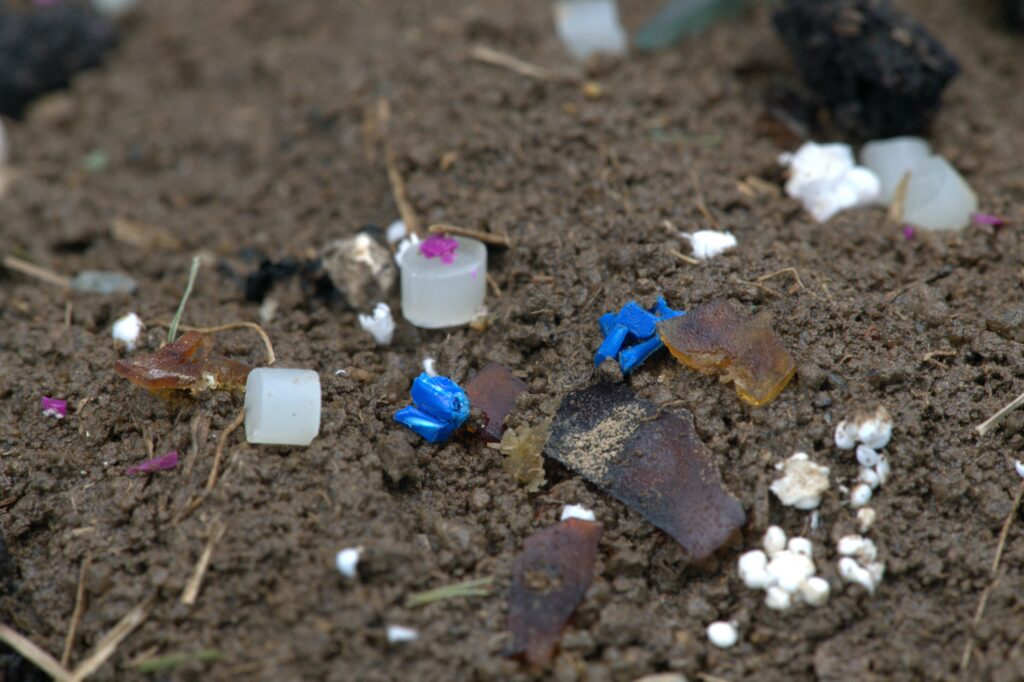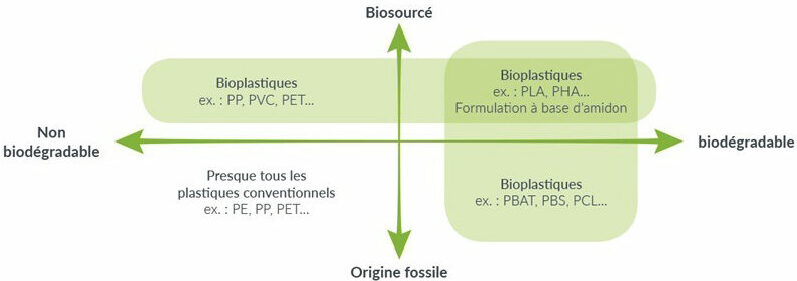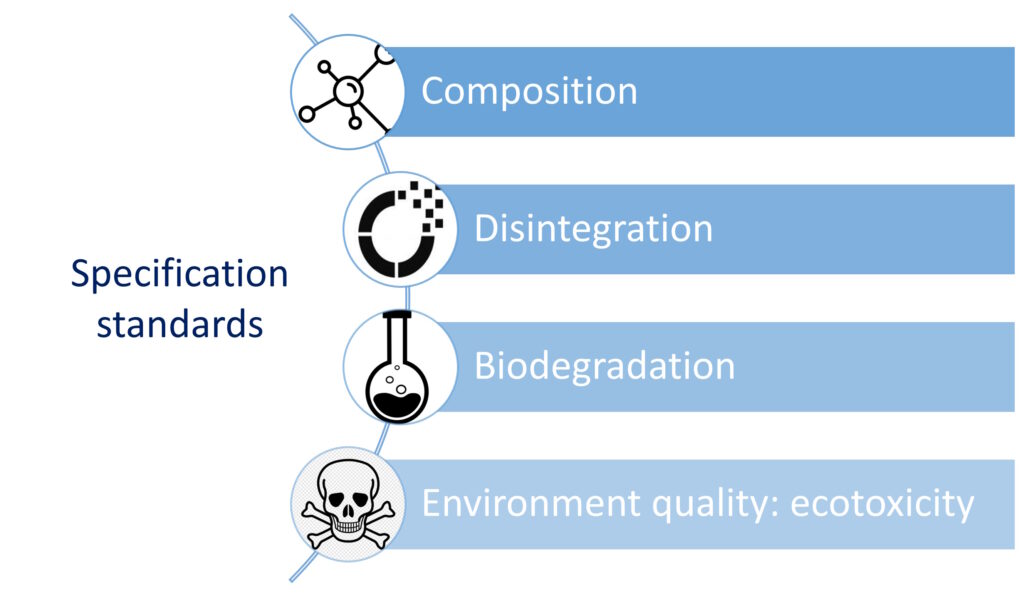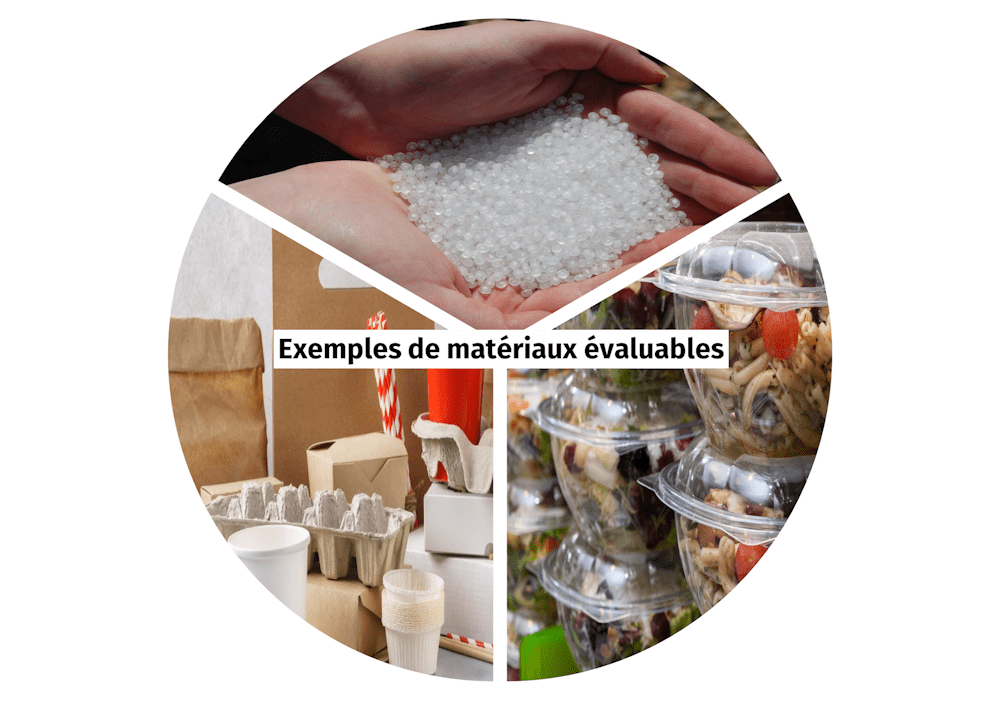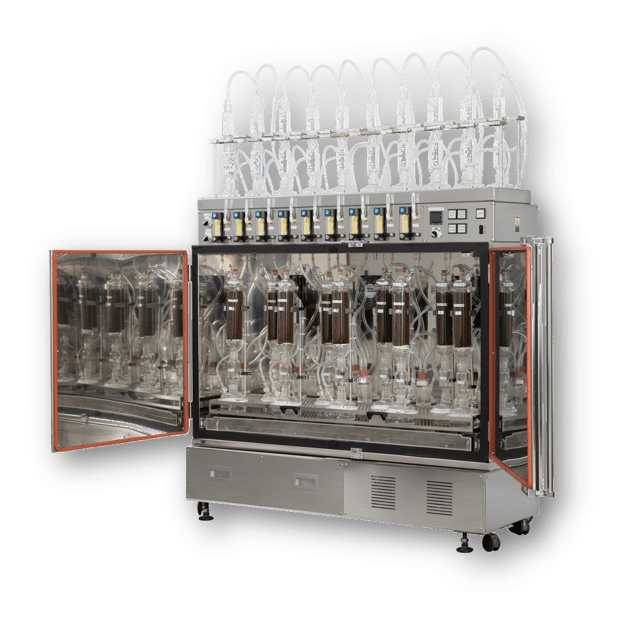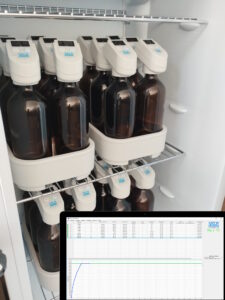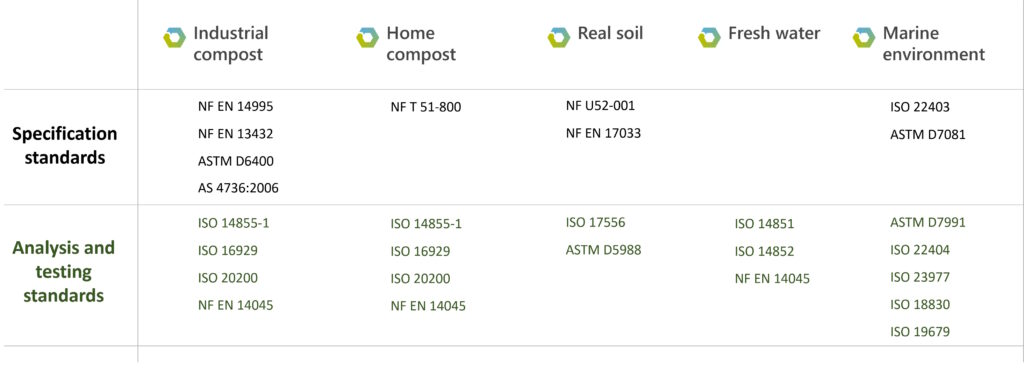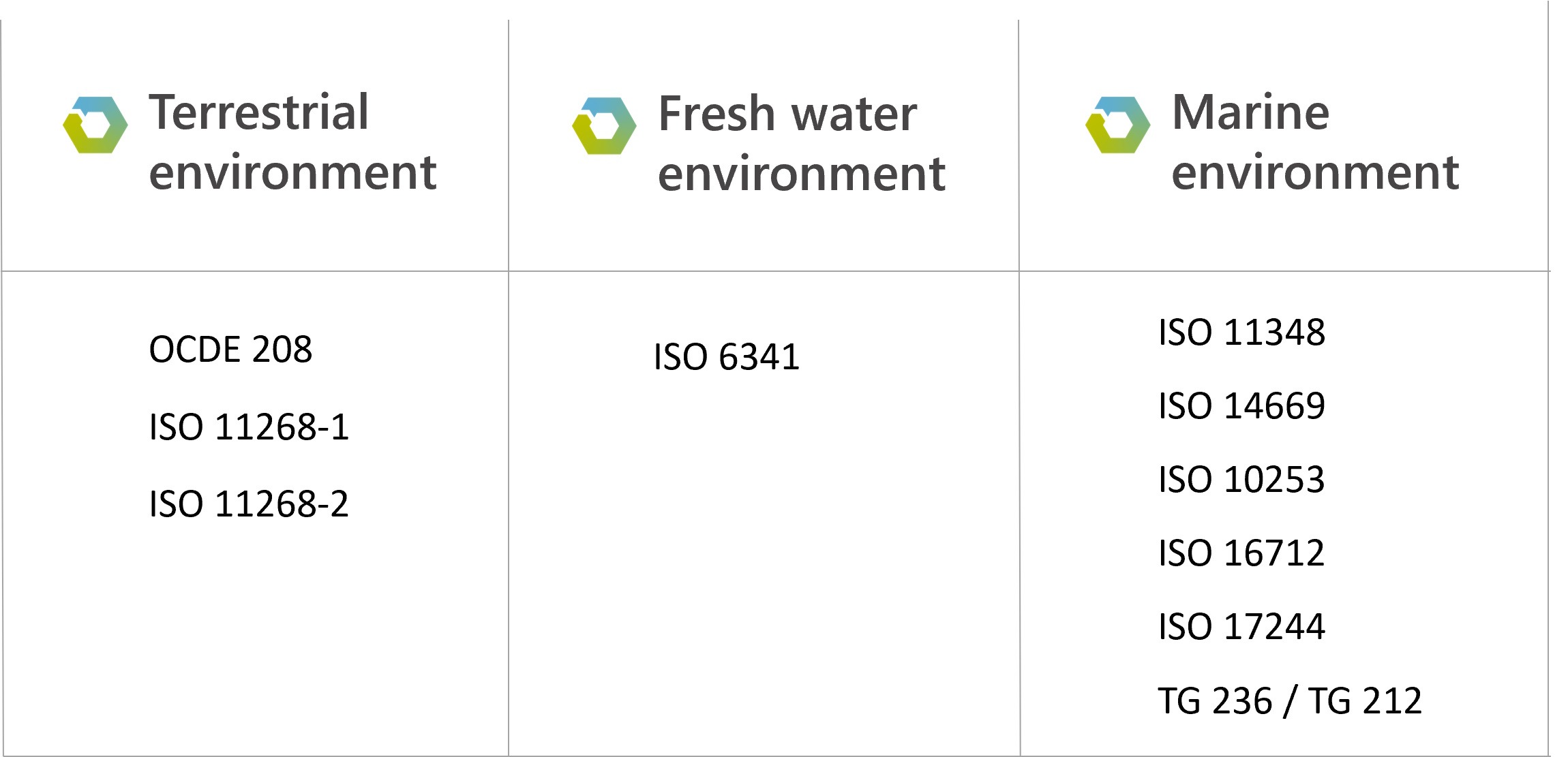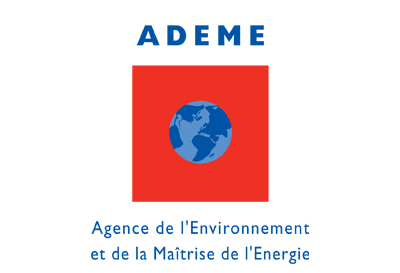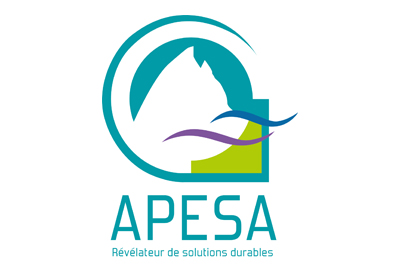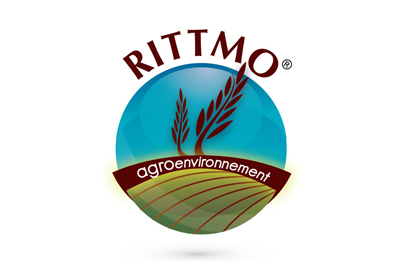PolyBioAid by IRMA

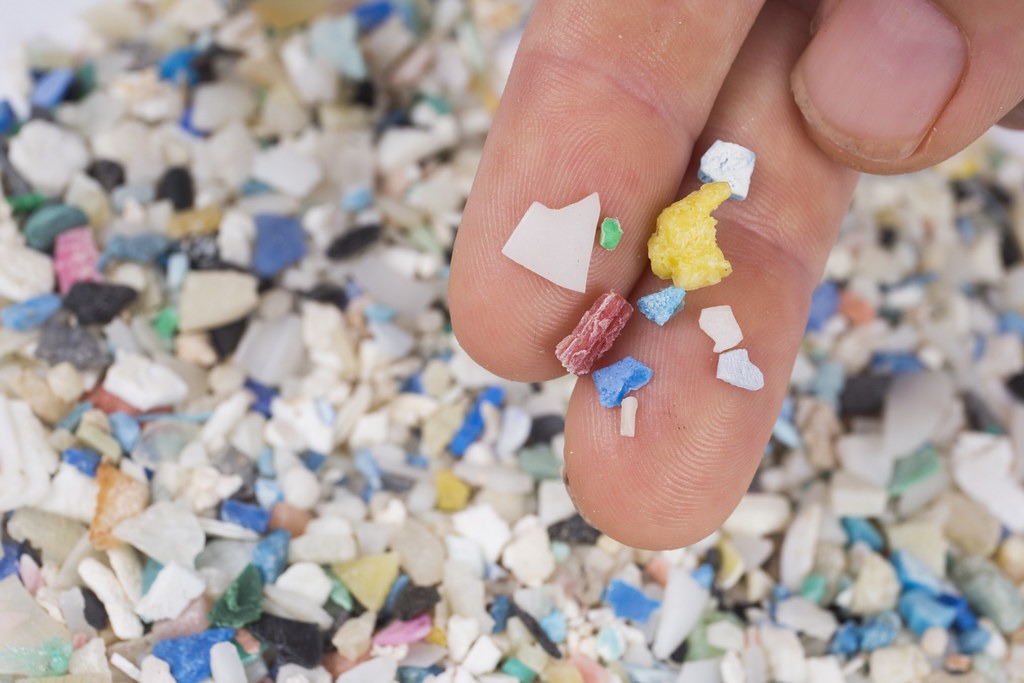
Microplastics, fragments of polymers less than 5 mm in size, are now ubiquitous in our environment. They come from the degradation of conventional plastics, industrial processes and certain manufactured products (cosmetics, textiles, packaging). They are found in the air, water, soil and even in the food chain. Their accumulation in ecosystems and their effects on wildlife and human health are being increasingly studied, revealing potentially worrying impacts.
Most of these microplastics come from non-biodegradable plastic materials, whose persistence in the environment leads to long-term pollution. Faced with this problem, the development of biodegradable polymers is one of the promising alternatives. These materials, designed to degrade under the action of micro-organisms in specific conditions (composting, marine environment, soil), make it possible to reduce the plastic footprint and limit the formation of persistent microplastics.
However, the introduction of these new materials requires rigorous assessment to ensure that they are truly biodegradable and environmentally harmless. In accordance with European regulations, particularly in the packaging, paper, agriculture, textile and cosmetics sectors.
PolyBioAid by IRMA combines expertise in the analysis of microplastics and the assessment of biodegradable materials, drawing on skills recently reinforced by the laboratories of the University of Southern Brittany (IRDL). This approach enables us to support manufacturers and researchers in the development of more sustainable solutions that meet today’s environmental requirements.
Your contact person

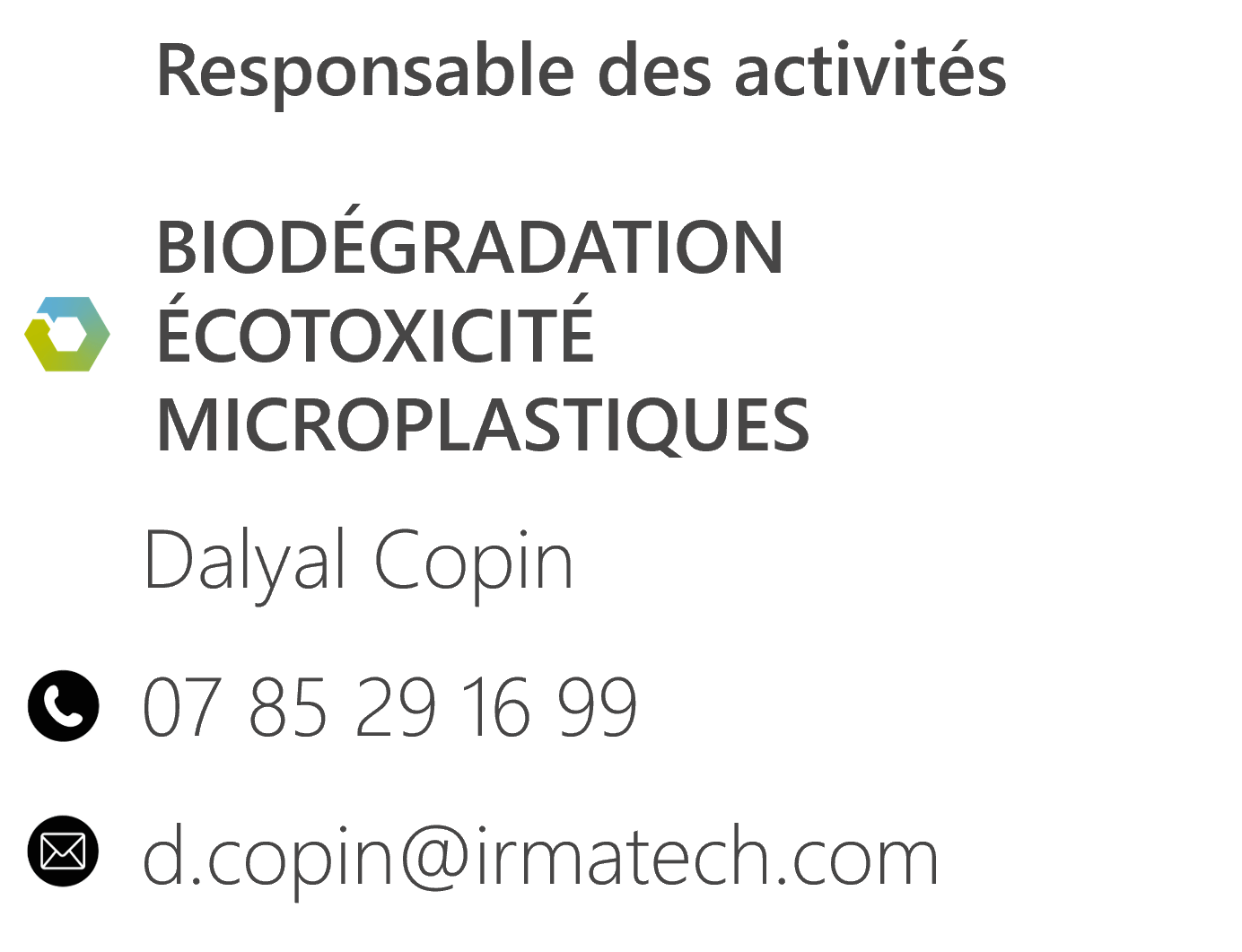
And to strengthen our expertise…
Scientific council
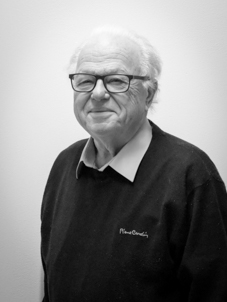
Trained engineer, Mr Guy César worked in agronomy research, first in Switzerland and then in Brittany. Since 1998, he has been one of the pioneers in biodegradable plastics for agriculture and packaging, setting up a laboratory to study the biodegradability of polymers and developing inexpensive methods for analysing biodegradability in soil, compost, fresh water and seawater.
Mr César has worked hard to help SMIs and SMEs obtain ‘compostable’ certification for the materials they put on the market, and also to develop knowledge about these materials by funding research projects and theses.
In 2022, a transition will be made from a research and consultancy activity to a more comprehensive range of services. The PolyBioAid activity was transferred to IRMA and a dedicated team now has modern biodegradability analysis equipment at its disposal. It is continuing to develop and will soon be certified to NF EN ISO 17025. Mr César is now IRMA’s scientific advisor on biodegradability issues.



